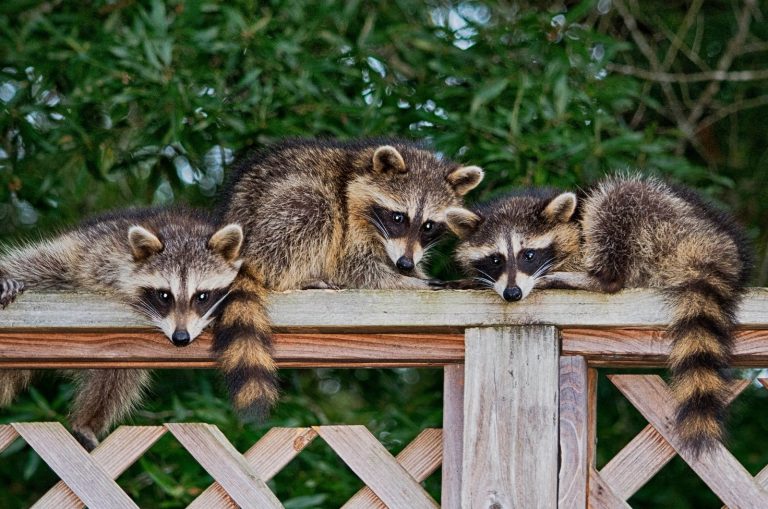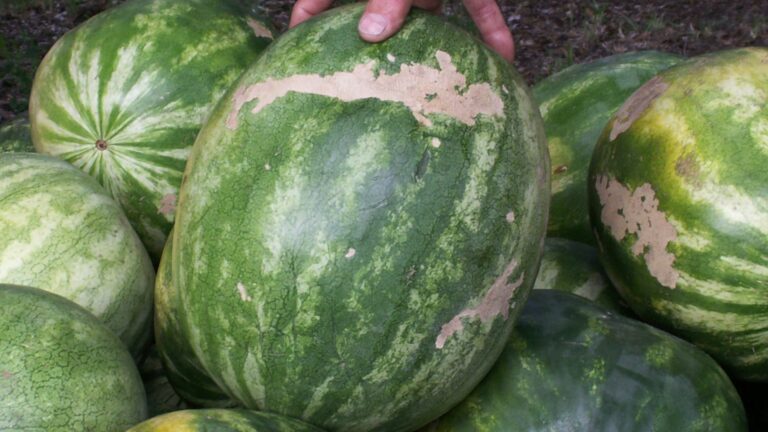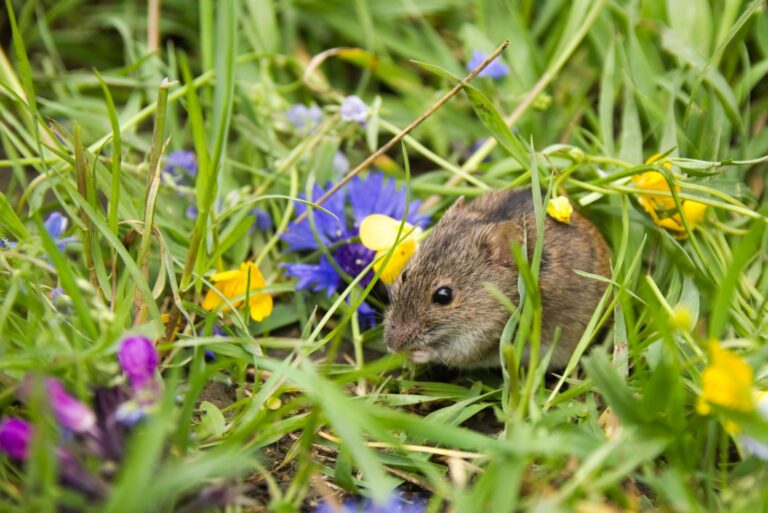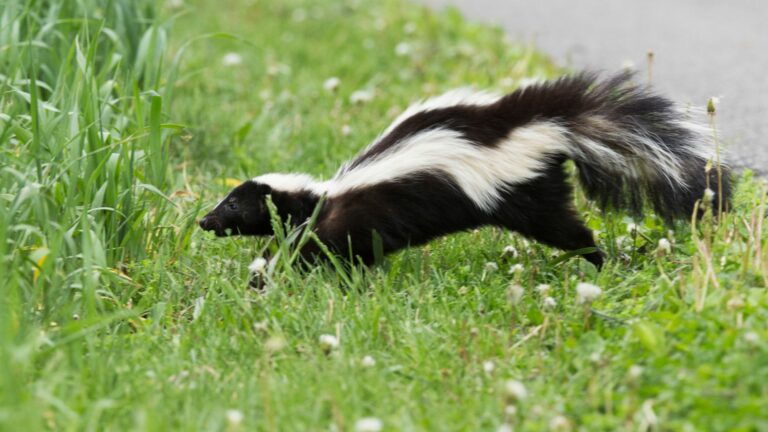Easy Tips To Protect Roses From Rabbits In Kentucky
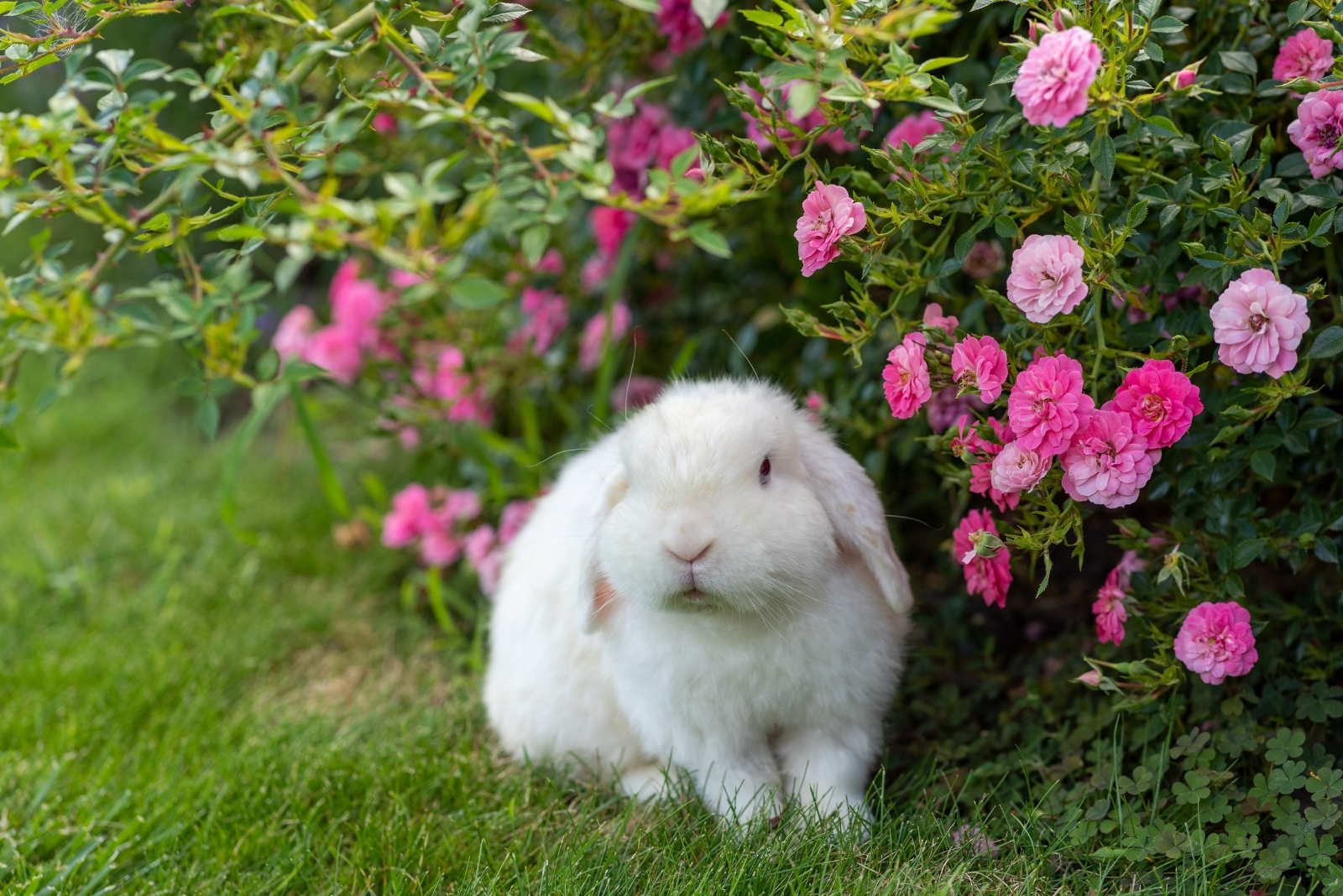
Rabbits can be a pesky problem for roses in Kentucky gardens, but a few simple steps can keep them at bay. Start by adding protective barriers like fencing or mesh around your plants.
Planting strong-scented herbs nearby can also help deter them. With these easy tips, your roses can grow healthy and beautiful all season long.
1. Install Chicken Wire Fencing

A physical barrier remains the most reliable defense against rabbits. Kentucky gardeners find success with 1-inch mesh chicken wire buried at least 3-4 inches deep and extending 2 feet high.
The buried portion prevents determined bunnies from digging underneath. Make sure there are no gaps where clever rabbits might squeeze through!
2. Apply Rabbit Repellent Sprays
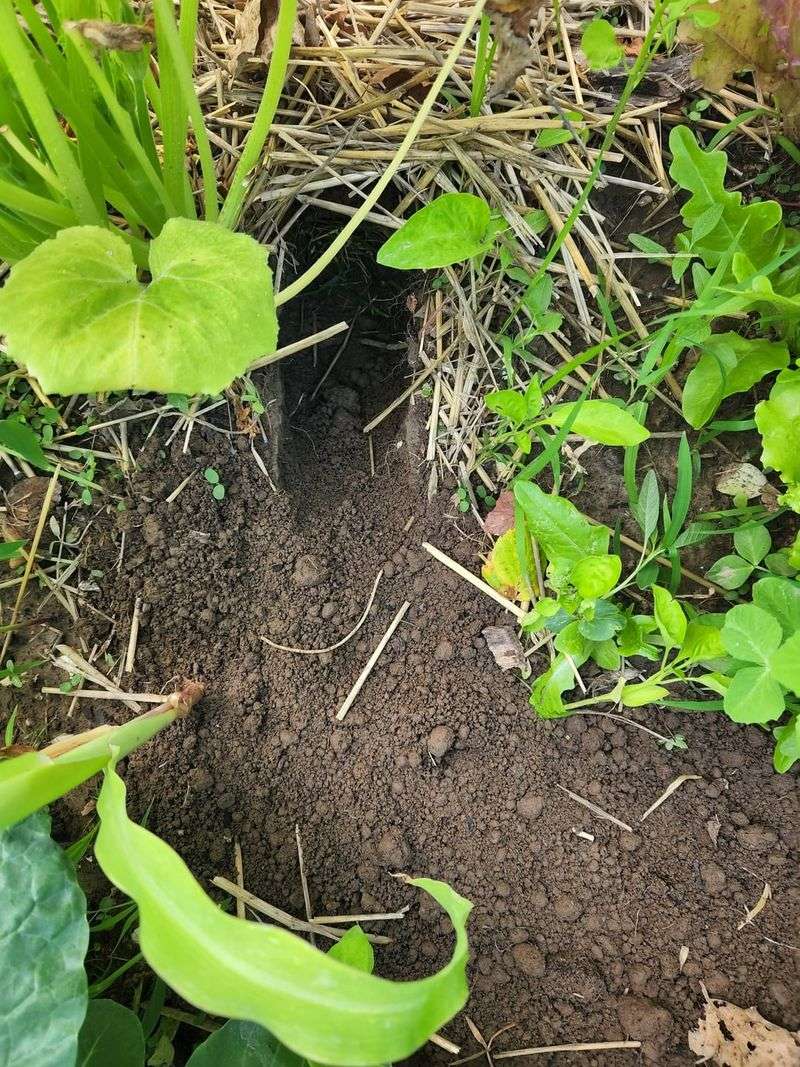
Commercial repellents with predator urine or hot pepper extracts create an unfriendly environment for rabbits. Many Kentucky rose enthusiasts apply these every 7-10 days and after rainfall for consistent protection.
Look for natural options that won’t harm your roses or the environment. Some gardeners report excellent results with garlic and egg-based formulas.
3. Plant Rabbit-Resistant Companions

Strategic companion planting creates natural barriers rabbits avoid. Kentucky gardeners have success surrounding roses with strongly scented herbs like lavender, sage, and mint that rabbits find offensive.
Garlic and onions also work wonderfully as protective borders. The fragrant combination not only deters rabbits but also attracts beneficial insects to your Kentucky garden.
4. Create Gravel Perimeters
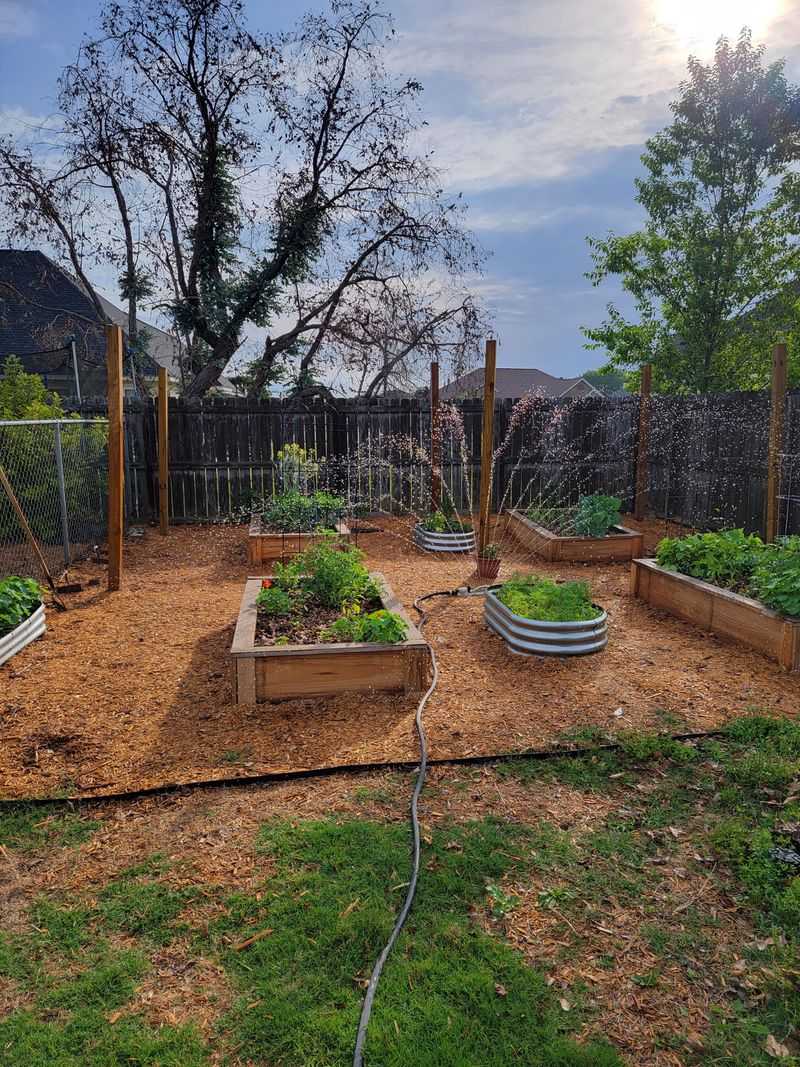
Rabbits dislike hopping across uncomfortable surfaces with their sensitive paws. Smart Kentucky gardeners create 12-inch wide perimeters of coarse gravel or crushed stone around rose beds.
The sharp texture deters rabbits while providing good drainage for your roses. Limestone gravel, abundant in Kentucky, works perfectly for this dual-purpose solution.
5. Use Motion-Activated Sprinklers

Technology offers a humane solution with motion-activated sprinklers. These devices detect rabbits approaching your Kentucky rose garden and unleash a startling but harmless spray of water.
Rabbits quickly learn to avoid these areas after a few surprising encounters. Many Kentucky gardeners position these devices strategically at common entry points to their rose beds.
6. Apply Blood Meal Fertilizer
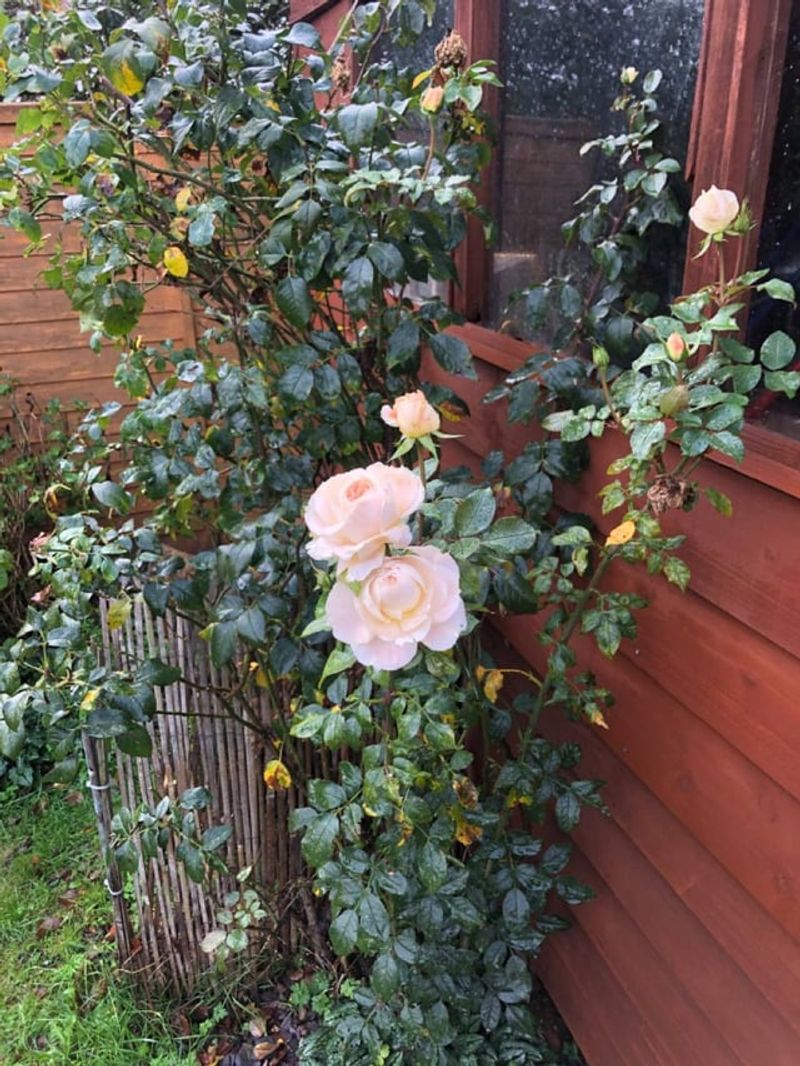
Blood meal serves double duty as both fertilizer and rabbit deterrent. The scent triggers danger signals for rabbits who instinctively avoid predator smells. Kentucky gardeners apply it every few weeks around rose beds.
This nitrogen-rich amendment also helps roses thrive in Kentucky’s clay-heavy soils. Just be careful—too much can burn plants, so follow package instructions carefully.
7. Create Brush Pile Diversions
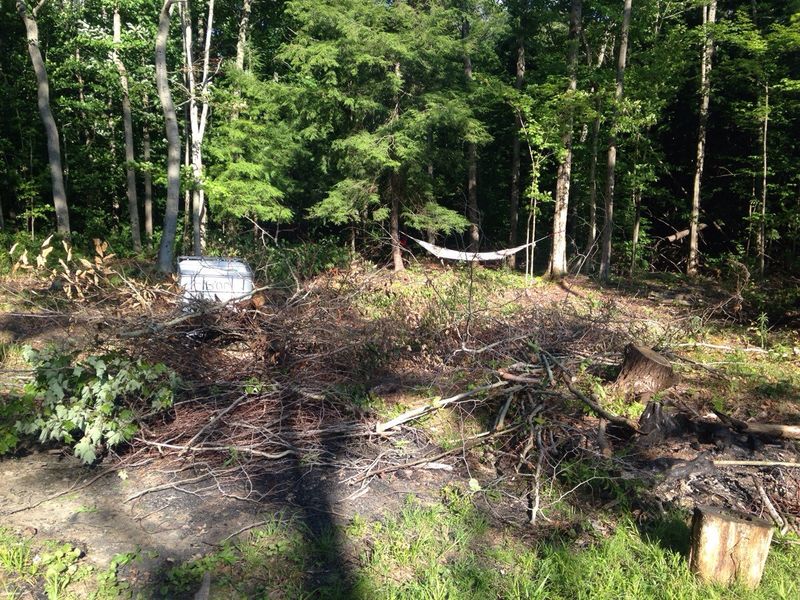
Strategic brush piles placed away from roses give rabbits alternative shelter and feeding spots. Kentucky gardeners collect fallen branches and yard trimmings in distant corners of their property.
This clever tactic redirects rabbit activity away from prized roses. Many Kentucky homeowners report rabbits prefer these ready-made habitats over venturing near protected rose gardens.
8. Employ Scare Tactics

Reflective objects and predator decoys create fear-inducing illusions. Kentucky gardeners hang old CDs, aluminum pie plates, or install owl decoys near rose gardens to frighten rabbits.
Moving these items regularly prevents rabbits from becoming accustomed to them. The flashing lights and predator shapes tap into rabbits’ natural wariness, keeping Kentucky rose gardens safer.
9. Maintain Regular Garden Cleanup

Eliminating hiding spots makes rabbits feel exposed and vulnerable. Kentucky gardeners routinely remove tall grass, weeds, and debris around rose beds where rabbits might hide.
Keeping the garden tidy also improves air circulation around roses, reducing disease problems common in Kentucky’s humid climate. This simple maintenance routine offers multiple benefits beyond rabbit control.

